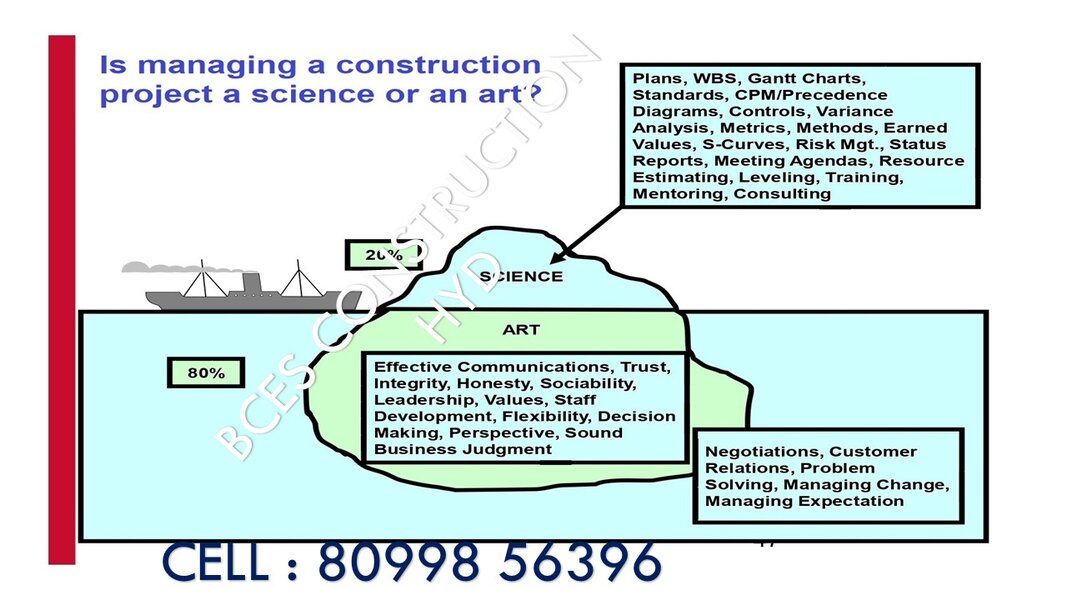Project planning is at the heart of the project life cycle, and tells everyone involved where you’re going and how you’re going to get there. The planning phase is when the project plans are documented, the project deliverable's and requirements are defined, and the project schedule is created. It involves creating a set of plans to help guide your team through the implementation and closure phases of the project. The plans created during this phase will help you manage time, cost, quality, changes, risk, and related issues. They will also help you control staff and external suppliers to ensure that you deliver the project on time, within budget, and within schedule.
The project planning phase is often the most challenging phase for a project manager, as you need to make an educated guess about the staff, resources, and equipment needed to complete your project. You may also need to plan your communications and procurement activities, as well as contract any third-party suppliers.
The purpose of the project planning phase is to:
The project planning phase is often the most challenging phase for a project manager, as you need to make an educated guess about the staff, resources, and equipment needed to complete your project. You may also need to plan your communications and procurement activities, as well as contract any third-party suppliers.
The purpose of the project planning phase is to:
- Establish business requirements
- Establish cost, schedule, list of deliverable's, and delivery dates
- Establish resources plans
- Obtain management approval and proceed to the next phase
- Scope planning – specifying the in-scope requirements for the project to facilitate creating the work breakdown structure
- Preparation of the work breakdown structure – spelling out the breakdown of the project into tasks and sub-tasks
- Project schedule development – listing the entire schedule of the activities and detailing their sequence of implementation
- Resource planning – indicating who will do what work, at which time, and if any special skills are needed to accomplish the project tasks
- Budget planning – specifying the budgeted cost to be incurred at the completion of the project
- Procurement planning – focusing on vendors outside your company and subcontracting
- Risk management – planning for possible risks and considering optional contingency plans and mitigation strategies
- Quality planning – assessing quality criteria to be used for the project
- Communication planning – designing the communication strategy with all project stakeholders


